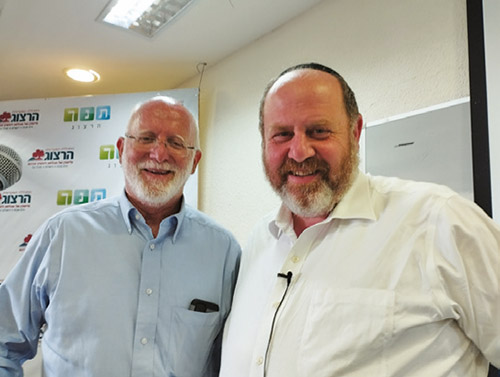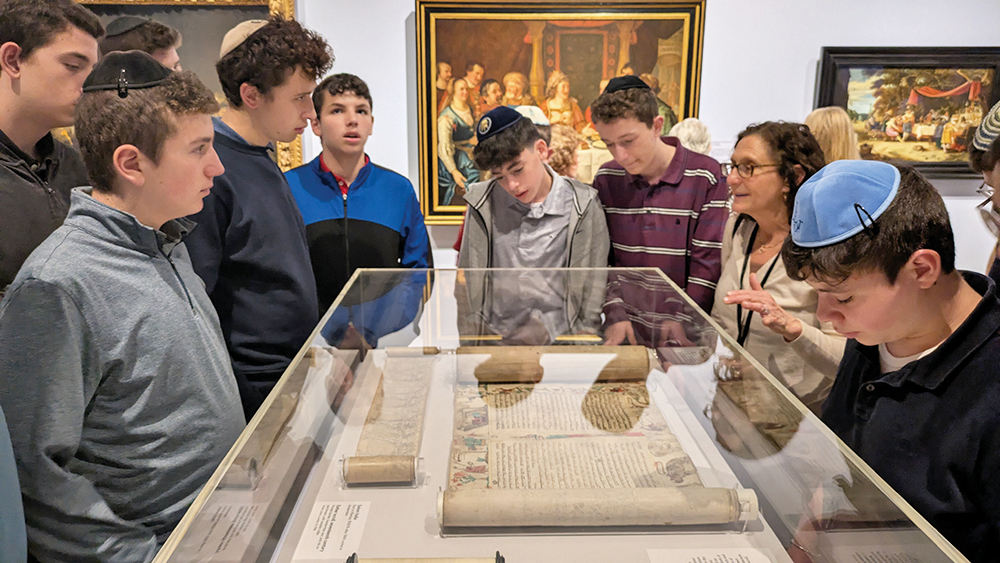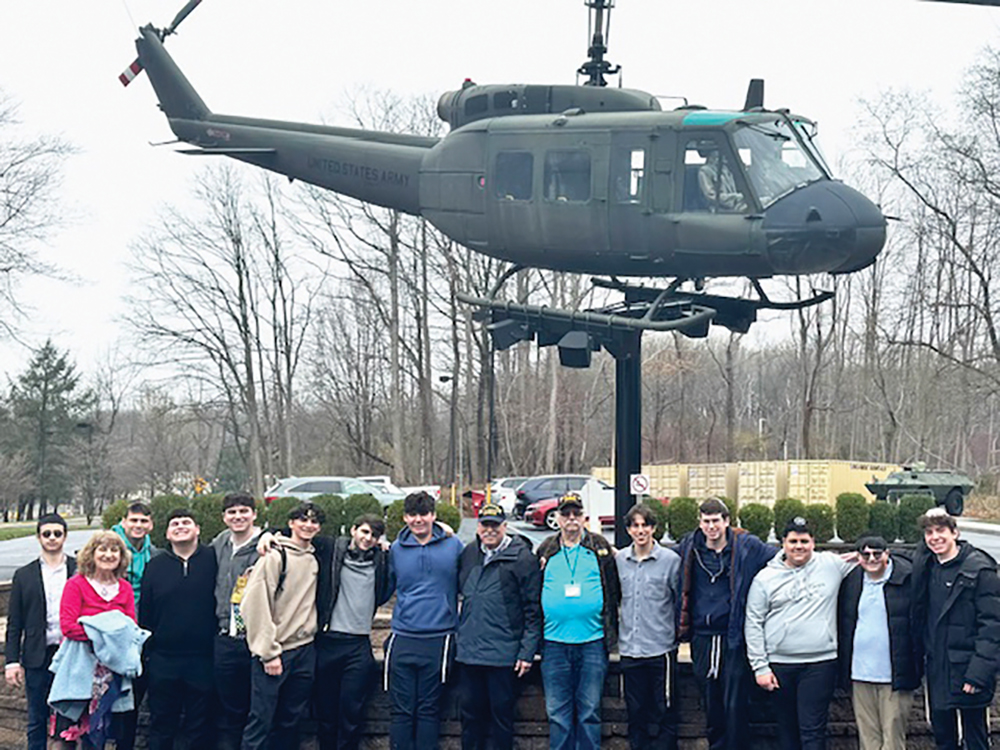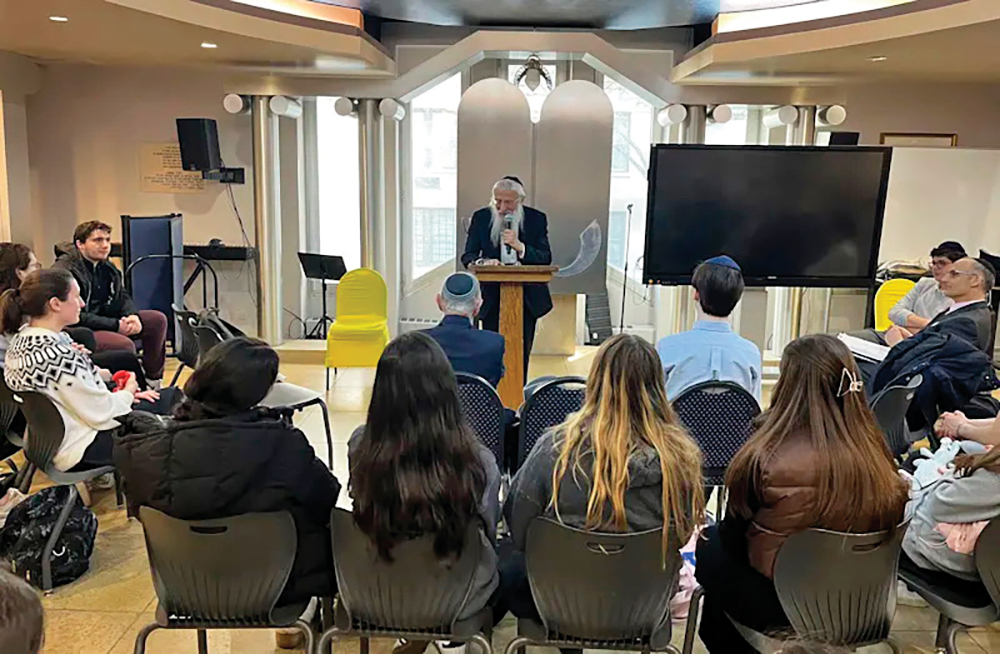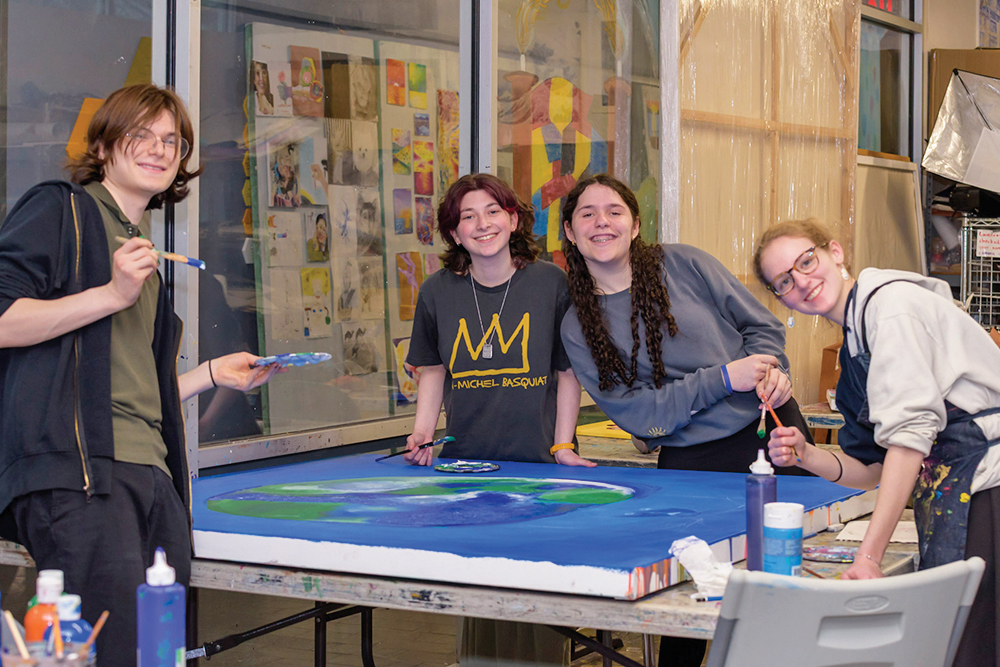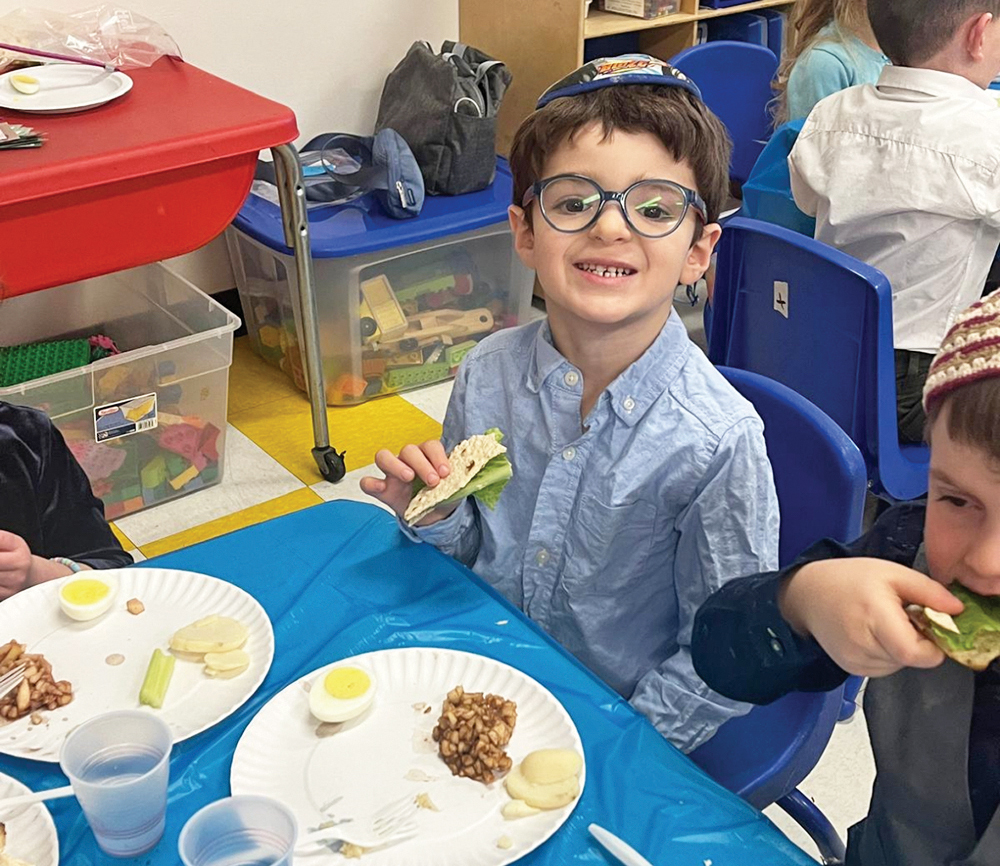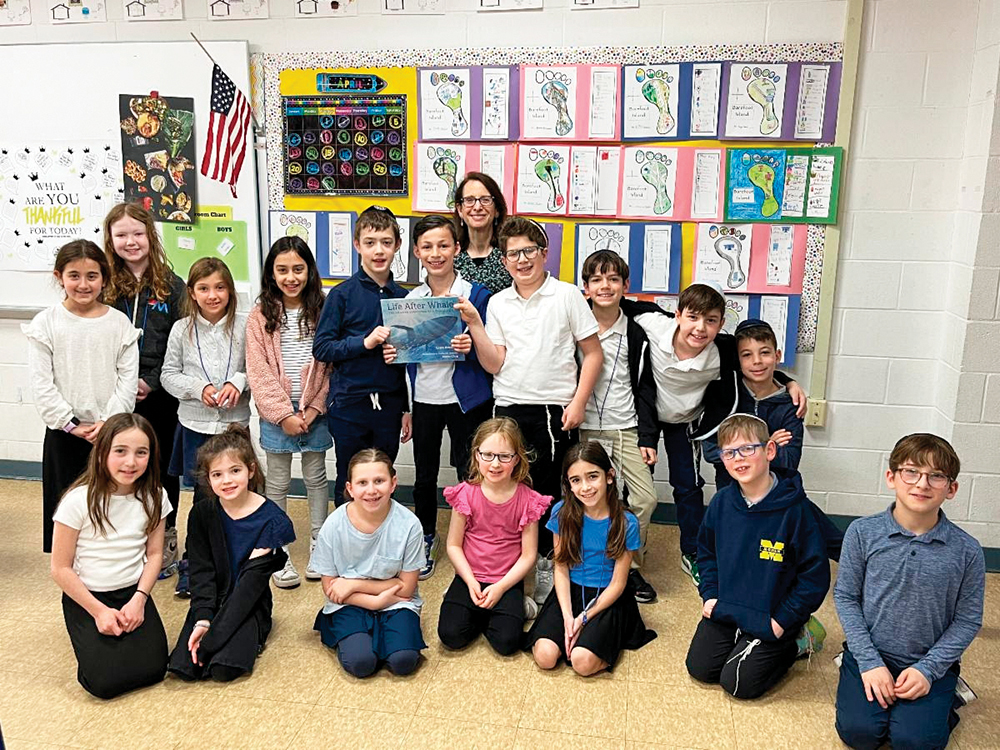



For over 25 years, the Herzog College in Alon Shvut, Gush Etzion, has hosted its annual Yemei Iyun b’Tanakh (Bible study days) on the stunning Yeshivat Har Etzion campus. This year thousands of academics, teachers and laymen of all ages attended and were educated and inspired.
Yeshiva University student Nachum Krasnopolsky from Fair Lawn returned to Israel this summer to experience the Yemei Iyun b’Tanakh at Herzog College. He was one of 5,000 people attending the four intensive days of Torah learning in Alon Shvut in Gush Etzion.
Krasnopolsky told The Jewish Link: “One only needs to attend the Yemei Iyun b’Tanakh to understand the impact that Yeshivat Har Etzion and Herzog College have had on the revival of Tanach study in the Orthodox world. Each and every lecture presents a new, fresh perspective on the Tanach. Many relate to previously unnoted literary features of the text, while others focus on more historical questions.
“The common denominator between all of the lectures is the search for interpretation that captures the deeper meaning of the text,” Krasnopolsky continued. “To paraphrase my Rabbi Yair Kahn, we are not primarily interested in problem-solving; the questions that arise in reading the Tanach are opportunities to be mined for deeper understanding of the entire story.
“For example, the rosh yeshiva, HaRav Mosheh Lichtenstein, spoke about the dynamic that prevails between Yosef and his brothers after the former’s revelation. Rabbi Yitzchak Etshalom discussed the story of Dinah in Shechem. Each presentation was marked by a clear focus on the broader questions that emerge from the narrative. What is more important: truth or peace? Faced with a conflict between the providential plan and human failings, how should we respond? These are the sorts of questions that are dealt with at the Yemei Iyun.
“Beyond the shiurim themselves, the experience of joining people from all over the world to study the words of the Tanach in the land in which its prophets prophesied and wrote is without parallel. I have no doubt in my mind where sages like the Ramban and the Abarbanel would be this week if they were alive today! The renewed interpretations of each and every day (in Rashbam’s words) are alive and well at the Yemei Iyun.”
Tina and Shalom Lamm, who recently made aliyah from West Hempstead to Jerusalem, told the Link: “There’s something magical about being among hundreds of people who’ve gathered for the purpose of gaining new insights into the very core texts that animate our lives.
“It was so exhilarating to attend shiurim by such a wide array of outstanding Religious Zionist scholars. When one considers the tragic circumstances of the defenders of Alon Shvut in 1948, and then sees the exquisite vibrancy of the Torah scholarship here and now, with thousands of participants—one only imagines how proud those original defenders would be.”
Tina concluded: “What a privilege to walk amongst these intellectual giants and study with these many hundreds of serious, thoughtful people. This Torah event was exquisitely organized to allow for maximum exposure to eager students and masterful teachers.”
“Even before I made aliyah eight years ago, I made sure that my summer vacation in Israel coincided with the Tanakh Yemei Iyun,” said 81-year-old Paula Weber, originally from Long Beach, New York.
Rabbi Jacob J. Schacter, university professor of Jewish history and Jewish thought, Yeshiva University, told the Link: “This is the first year I had the privilege of attending the Yemei Iyun b’Tanakh at Herzog College. I was totally overwhelmed by the sight of thousands of people coming to learn Torah. The presentations were mesmerizing, the attendees were riveted and the atmosphere was electric!”
Rabbi Pesach Sommer said: “I attended twice, and each time was magical. It’s like going to an all-star game where all the greatest players are playing. There are thousands of people attending, going from shiur to shiur, schmoozing, buying sefarim and funky Judaica. It’s what I imagine being oleh regel must have felt like.
“It’s incredible how many people take vacation time to attend. I can’t imagine anything remotely like that in the U.S.,” Rabbi Sommer concluded.
Rabbi Shalom Berger, who runs the English program at the Yemei Iyun, commented: “The Yemei Iyun b’Tanakh have been taking place in Alon Shvut for more than 25 years. The original concept was to offer professional development and enrichment for Tanach teachers, but grassroots interest from the wider public led to widening its offerings and opening them to all.” Guest speakers from America include Rabbi David Fohrman of Aleph Beta, and Rabbi Moshe Shulman from Young Israel of St. Louis, Missouri.
“I think that the Yemei Iyun draws such a large crowd because it offers a number of unique elements,” Rabbi Berger continued. “The approach to Torah that has been nurtured by Herzog College views the words of the Torah as exquisite jewels that need to be closely examined and carefully valued, even as they are grounded in the Land of Israel that our generation is so fortunate to live in. The mix of serious text study and discovering the truth of Tanach in the stones and vistas of the Land of Israel is a powerful experience for any religious person. Of course, seeing old friends in Alon Shvut is also a draw.”
Herzog College President Rabbi Dr. Yehuda Brandes explained: “Every profession has its annual conference, and the Yemei Iyun b’Tanakh at Herzog College is where Tanach teachers come for inspiration. Teaching our fundamental Jewish texts to the next generation is a huge responsibility. At Herzog College we are constantly working on ways to present Biblical texts so that they are engaging and relevant. That’s the buzz that the Yemei Iyun generates, and it echoes around the world in our online lectures and HaTanakh website.”
Jewish Link columnist Rav Moshe Taragin taught this year at the Yemei Iyun. He shared with The Link: “With our return to Israel we have also returned to the book of history and of land. Tanach study, which had been neglected for centuries, has experienced a spectacular renaissance. It is powerfully symbolic that during the Nine Days when we mourn for the Mikdash and dream of redemption, over 5,000 people immersed themselves in the Book of prophecy and Jewish history.”
By Benjy Singer


